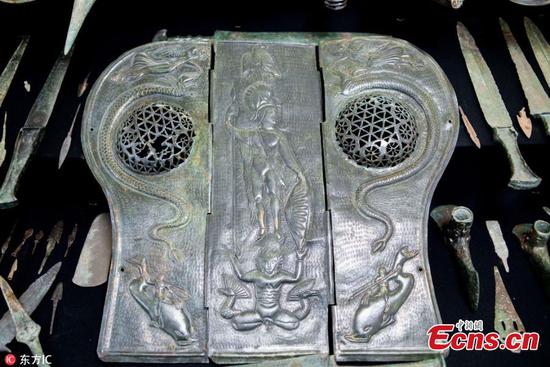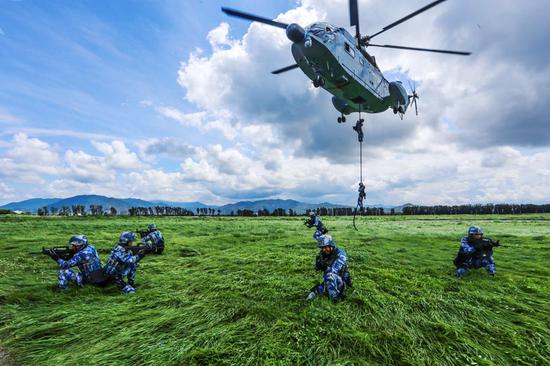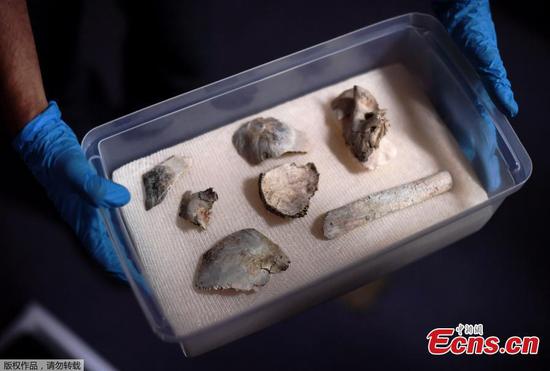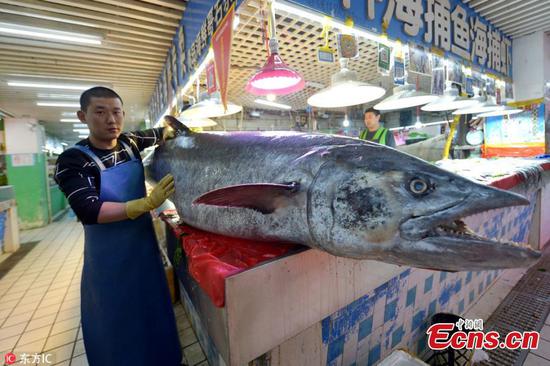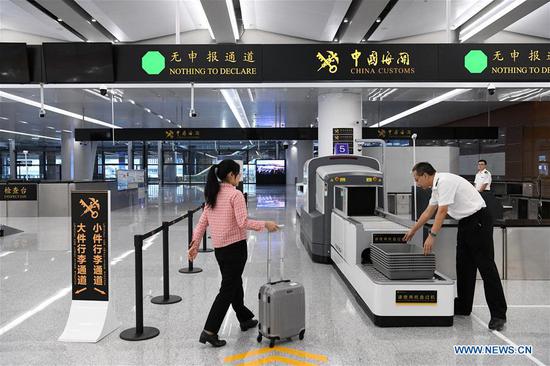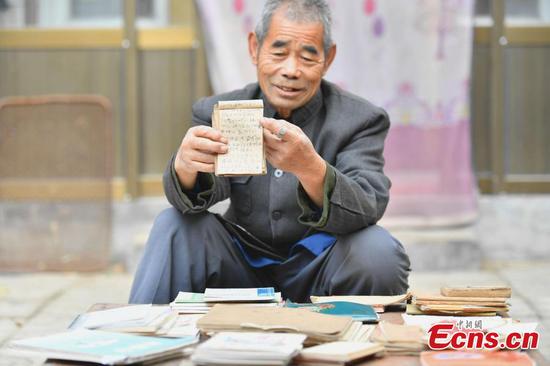A draft law that has clarified conditions and procedures for transferring criminals between China and other countries will facilitate international cooperation in fighting transnational crimes and graft, lawmakers and experts said.
The draft law on international criminal judicial assistance, submitted to the Standing Committee of the National People's Congress, the country's top legislature, for second deliberation on Monday, includes a new chapter on the transfer of criminal convicts.
It stipulates that a foreign country can make a request to China on the transfer of its citizens who have been convicted of crimes in China.
The transfer will get a green light if the convict's offense also constitutes a crime in the home country, the verdict in China has taken effect and the convict gives written consent for the transfer, according to the draft law.
But the transfer request could be rejected by China if the convict has received a suspended death sentence or life in prison, if the remaining sentence is less than a year, or if the convict still has cases pending in China, the draft law stipulates.
In turn, the draft law sets up procedures for China to make a request to a foreign country on the transfer of a Chinese citizen who has been convicted of crimes abroad.
The draft, submitted to the legislature for the first reading in December, also creates procedures for requests for investigation and evidence collection generated by China or a foreign country. A draft law usually receives three readings at the top legislature before being adopted.
"The law can boost international cooperation against transnational crimes and regulate judicial assistance practices," said Zhou Guangquan, a senior legislator from the NPC Constitution and Law Committee, while explaining the draft to the legislature on Monday.
"It can also help with China's anti-corruption legislation and hunting of fugitives."
Yang Weidong, a law professor at the Chinese Academy of Governance, said such a law is urgent and necessary, "as it meets the growing demand of criminal transfers between China and other countries".
"There have been some practices (regarding international transfers of criminal convicts between China and other countries), but they're not regulated enough," he said, adding that it's time to put good practices into law to improve the transfer efficiency by specifying its procedures and conditions.
"Such international transfers may involve not only hunting graft fugitives. Such a rule also applies to other transnational crimes such as online fraud and drug offenses," he said.
Yang also spoke highly of the two-way transfer provision in the draft law, saying it will improve international relations between China and other countries.
Ji Chunwei, a criminal defense lawyer from Guangdong province, said such detailed stipulations on transfers can help save legal resources and offer a clear guide to legal professionals.
















